Views: 0 Author: Site Editor Publish Time: 2025-09-11 Origin: Site
In today’s world, sustainability has become more than just a trend—it’s a responsibility. One simple yet impactful way individuals can contribute to environmental protection is by choosing eco-friendly tissue products. Among these, bamboo toilet paper has emerged as a standout option. But why exactly is it considered better for the environment compared to conventional rolling paper made from trees? Let’s explore the reasons.
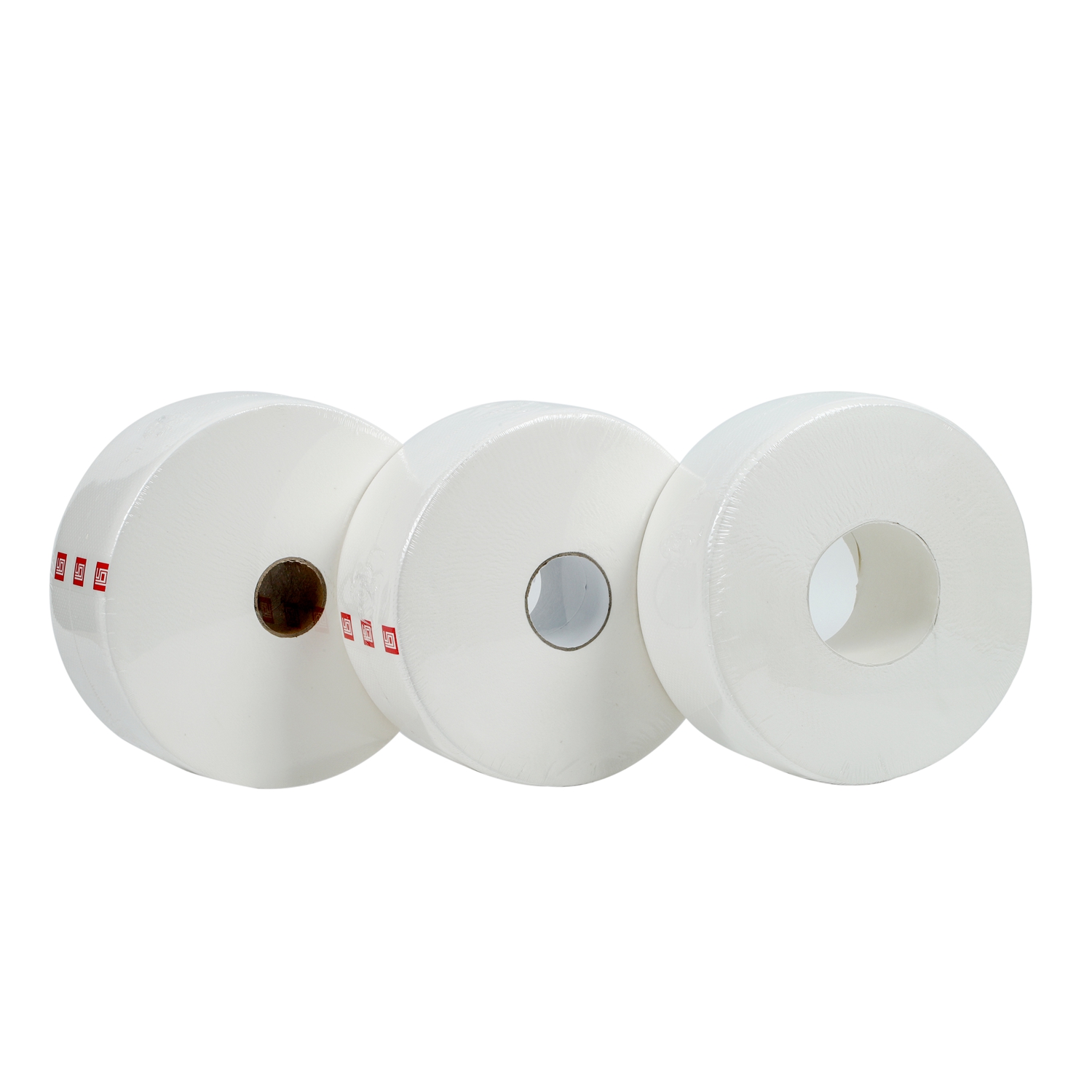
Bamboo is one of the fastest-growing plants on Earth, capable of growing up to three feet per day in ideal conditions. Unlike traditional trees used for tissue production, which may take decades to mature, bamboo can be harvested sustainably in just 3-5 years, making it a renewable resource.
Traditional tissue production relies heavily on wood pulp from forests, contributing to deforestation and habitat loss. Switching to bamboo helps reduce the strain on forests, protecting biodiversity and preventing soil erosion.
Bamboo requires significantly less water than conventional trees. The production of bamboo toilet paper therefore has a lower water footprint, which is a critical factor in reducing environmental impact.
Many bamboo tissue products are produced without harsh chemicals, chlorine, or bleach. This not only reduces pollution in water sources but also makes the tissue softer and safer for human use.
Bamboo toilet paper is fully biodegradable. After use, it breaks down quickly without leaving harmful residues, unlike some conventional tissues that may contain synthetic fibers.
When choosing eco-friendly tissue, it’s important to understand the different options available. Here is a table outlining common tissue types, including bamboo-based alternatives:
| Tissue Type | Description | Environmental Impact |
|---|---|---|
| Conventional Rolling Paper | Made from wood pulp, often bleached, widely available | Higher deforestation, higher water use |
| Bamboo Toilet Paper | Made from 100% bamboo fibers, soft, biodegradable | Renewable, low water use, eco-friendly |
| Recycled Tissue | Made from post-consumer recycled paper | Reduces waste, moderate softness |
| Organic Cotton Tissue | Made from cotton fibers grown without pesticides | Sustainable but higher water use |
Switching from conventional rolling paper to bamboo toilet paper offers several advantages:
Sustainability: Bamboo is renewable and grows rapidly, while traditional wood pulp depends on deforestation.
Water Efficiency: Bamboo cultivation uses less water than tree farming.
Softness and Strength: Bamboo fibers are naturally soft yet durable, making the tissue strong without needing chemical softeners.
Reduced Carbon Footprint: From cultivation to production, bamboo tissue generally generates lower greenhouse gas emissions.
Overall, bamboo toilet paper provides a practical and eco-conscious alternative for everyday use, aligning with sustainable lifestyle choices.
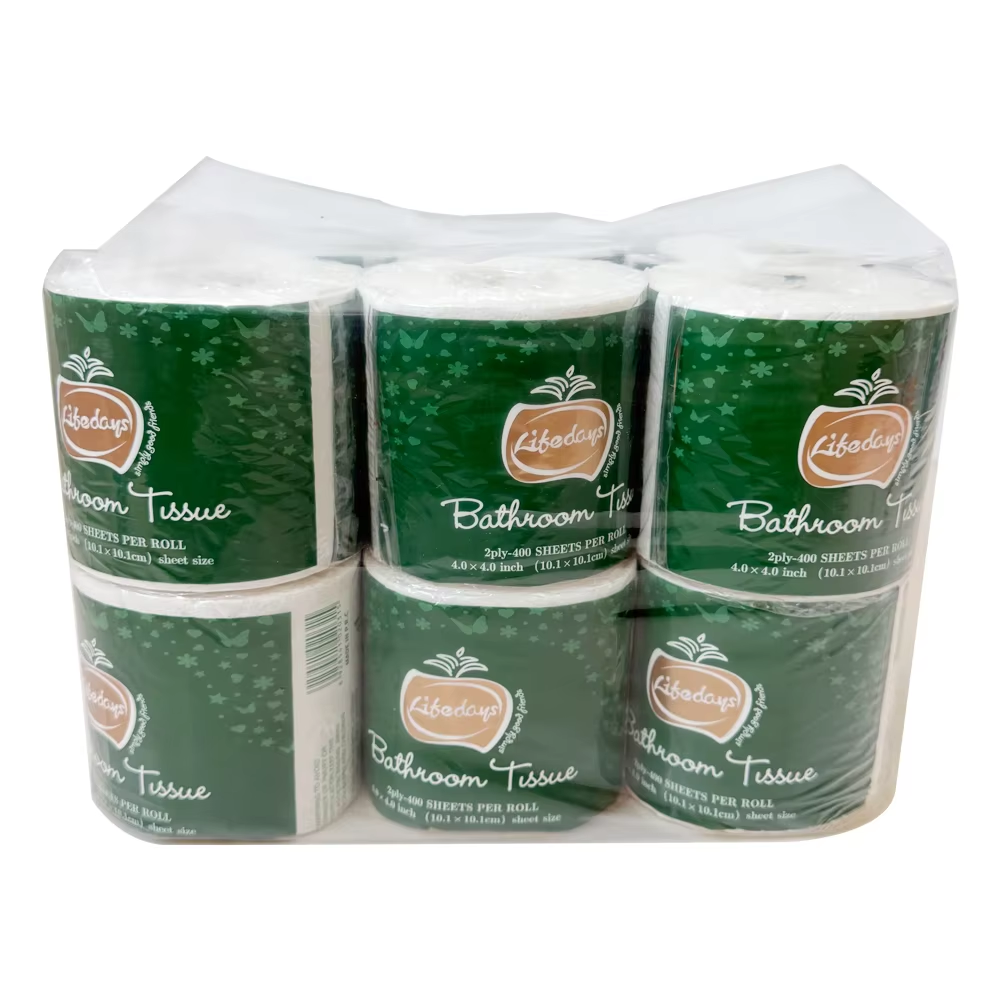
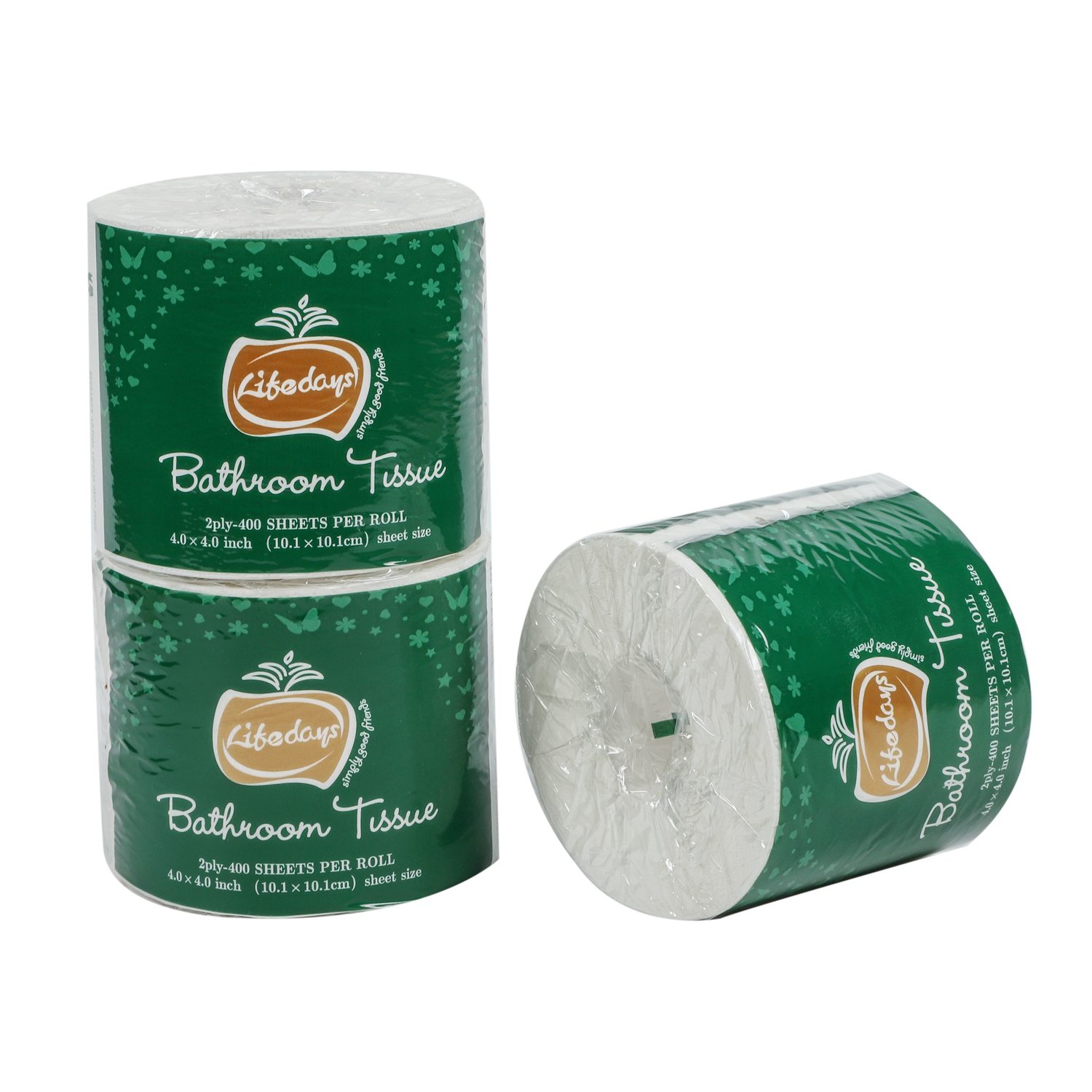
A: Yes. Bamboo grows quickly, requires less water, and can be harvested sustainably without harming forests, making it far more eco-friendly than conventional rolling paper.
A: Absolutely. Most bamboo tissue products are free from harsh chemicals, chlorine, and dyes, which makes them gentle and hypoallergenic for sensitive skin.
A: Bamboo fibers are naturally strong and absorbent, making bamboo tissue as durable—or even more durable—than many traditional rolling papers.
A: While bamboo tissue is biodegradable, it is generally not recycled after use due to hygiene concerns. However, it decomposes quickly in composting conditions.
A: While bamboo tissue may have a slightly higher cost due to sustainable production, its environmental benefits and durability often outweigh the price difference.
When selecting bamboo toilet paper or other tissue products, consider these factors:
Fiber Content: Opt for 100% bamboo fiber for maximum environmental benefit.
Softness & Ply: Look for multi-ply options that balance comfort and strength.
Eco-certifications: Certifications like FSC (Forest Stewardship Council) or PEFC (Programme for the Endorsement of Forest Certification) ensure responsible sourcing.
Packaging: Choose products with biodegradable or recyclable packaging to reduce plastic waste.
Bamboo toilet paper is versatile and suitable for both residential and commercial settings. From individual rolls for home bathrooms to bulk rolls for offices, schools, and hotels, bamboo tissue is available in various sizes and packaging options:
| Product Type | Features | Ideal For |
|---|---|---|
| Standard Roll | Single roll, soft, biodegradable | Home bathrooms |
| Jumbo Roll | Large roll, cost-effective, long-lasting | Offices, public facilities |
| Travel Pack | Compact, lightweight, eco-friendly | Travel, camping |
| Bulk Packs | Economical, multiple rolls per pack | Hotels, schools, institutions |
By choosing bamboo tissue, facilities can reduce their ecological footprint while maintaining comfort and hygiene standards.
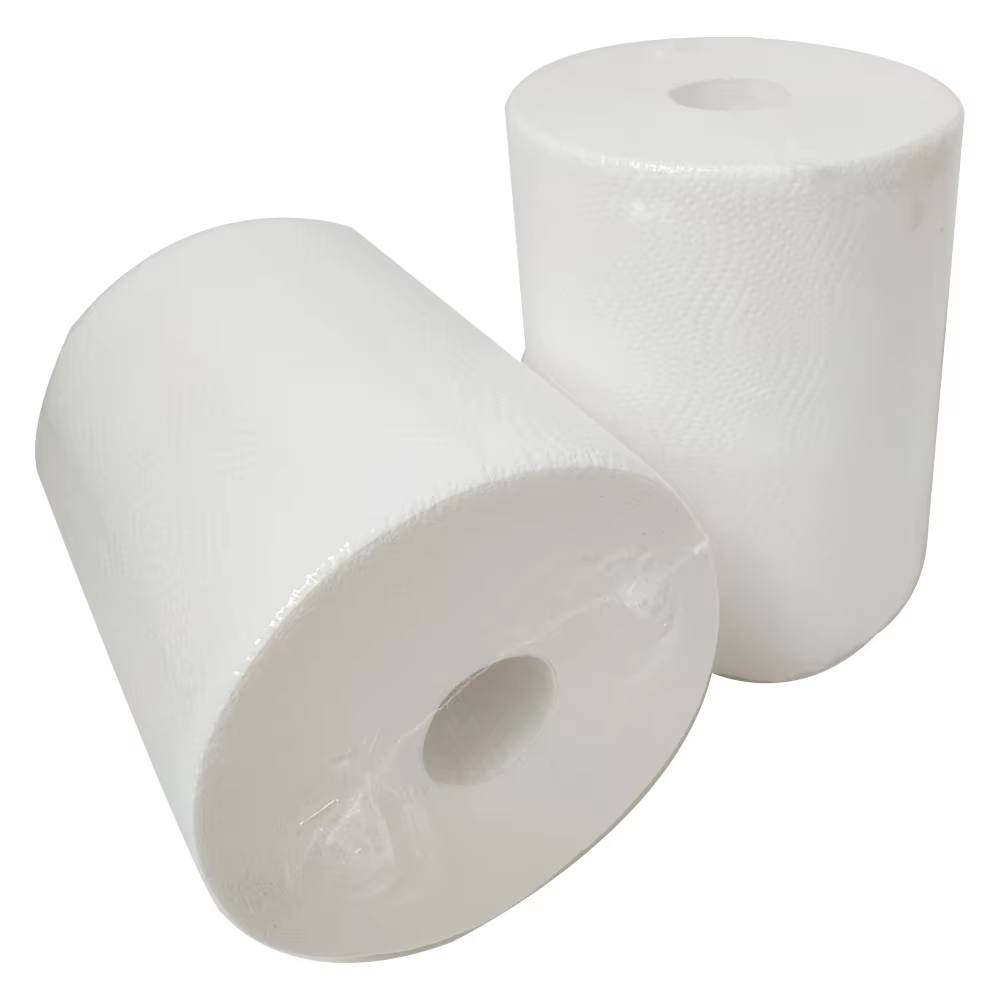
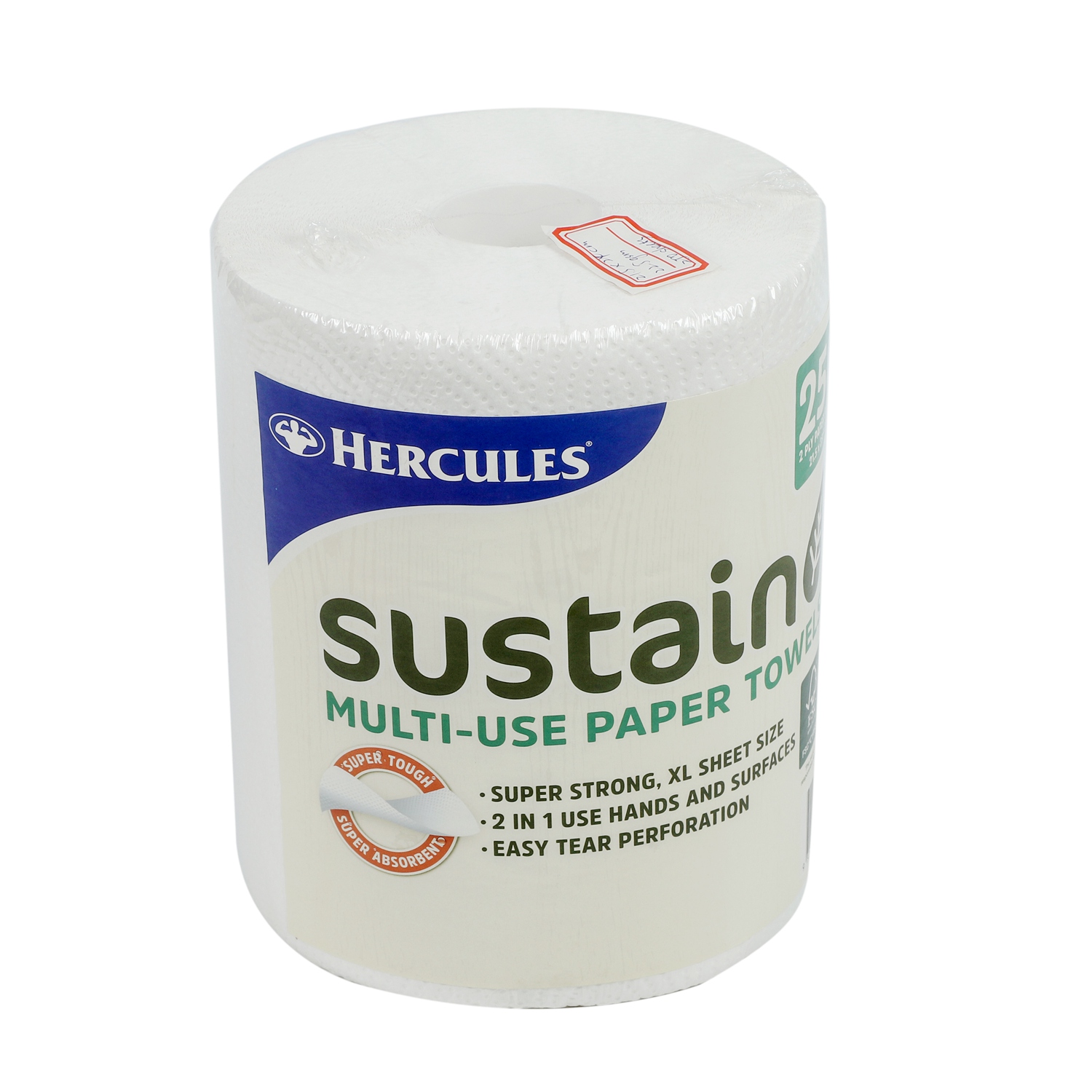
Switching to bamboo toilet paper is more than a sustainable choice—it’s a step toward protecting the environment. Compared to conventional rolling paper, bamboo tissue is renewable, biodegradable, water-efficient, and naturally strong. With its gentle texture and eco-friendly production process, it offers both comfort and sustainability.
For high-quality, environmentally responsible tissue products, consider Baoda Paper. With a commitment to sustainable manufacturing, Baoda Paper provides premium bamboo toilet paper and other tissue options designed for both home and commercial use.
Contact Baoda Paper:
Email: sale@baodapaper.com
Phone: +86-750-6895212
| | Address: Xinyuan Industrial Development , Xinhui District , Jiangmen City, Guangdong province , China |
| | Custom Support & Sale: +86-750-6895212 |
| | phone: +86-13380963281 |
| | E-mail: sale@baodapaper.com??????? |